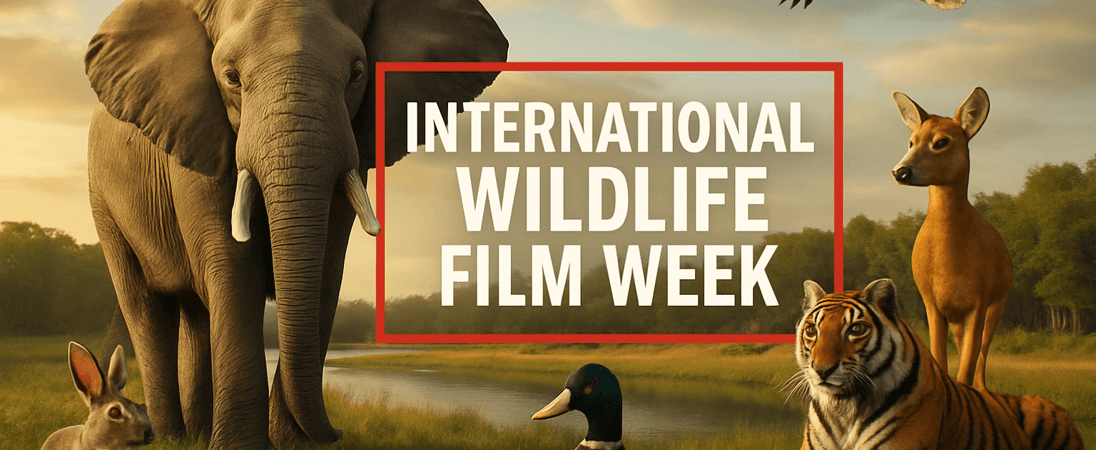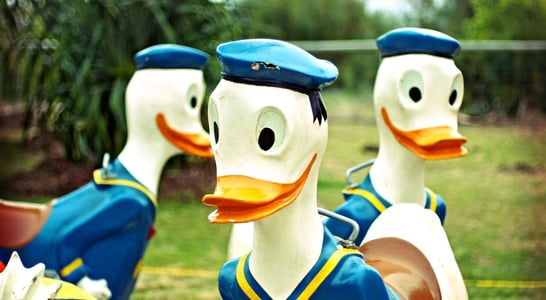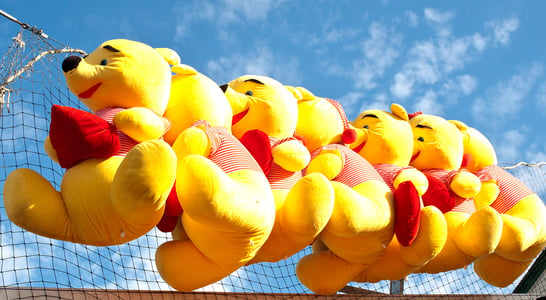
International Wildlife Film Week
International Wildlife Film Week pulls you into the heart of nature, without leaving your seat. For eight days, animals leap, crawl, swim, and soar across the screen.
These films don’t just look beautiful; they tell real, gripping stories.
You see a mother elephant trying to find water for her calf. Or a rare bird defending its nest in a vanishing forest. After the films, directors and wildlife experts often stick around to chat.
They answer questions and share behind-the-scenes moments. There’s laughter, surprise, and sometimes even a few tears. It’s nature, up close and personal, told through the lens of people who care deeply.
But this week isn’t only about storytelling. It’s about connection. The kind that sticks with you after the credits roll. One film might make you rethink plastic use.
Another could spark a child’s dream of becoming a marine biologist. There’s something honest about seeing wild creatures fight to survive, especially when it’s told with care and truth.
These aren’t just documentaries—they’re windows into lives that depend on the choices we make. That’s why the week matters.
It reminds us that nature isn’t far away. It’s tied to us—and it needs our attention now.
How to Celebrate International Wildlife Film Week
Here are some lively, practical ideas to mark International Wildlife Film Week:
Host a film night
Gather friends or family. Choose wildlife documentaries with strong conservation themes. Share snacks and create a cozy viewing space.
Then chat about what you saw. Ask everyone what surprised them most. Keep the tone fun, even if the topics get serious.
Arrange a virtual gathering
Invite people online to watch a nature film together. Use chat or video call to discuss scenes. That keeps the distance from turning streaming into one-on-one chats.
Send out a watchlist a few days ahead. Encourage everyone to bring a fun animal fact.
Visit a local screening
Check for public showings. Many towns host outdoor or indoor events tied to the week. Go even if you’re on your own.
You’ll feel part of a larger crowd. Some venues offer free entry. Others may include talks or nature exhibits.
Join live conversations
Attend Q&A sessions with filmmakers or wildlife experts. These talks often happen after viewings. They offer behind‑the‑scenes stories and fresh insight.
Ask questions if the chance comes up. Listening to others can open up new angles, too.
Organize a mini‑festival
Pick several short wildlife films. Set times for each. Invite neighbors over. Let kids make animal signs or pick their favorite scenes while watching.
Print a simple “film guide” for guests. Add trivia breaks between viewings to keep it lively.
Support conservation groups
Look up the wildlife foundations mentioned in film credits. Share their projects. Donate or volunteer to support their work.
Post links on your socials to spread awareness. Even small donations or posts can have lasting effects.
Start a wildlife chat group
Create a social media circle around wildlife film topics. Post trailers, behind‑the‑camera clips, or conservation news.
Encourage others to share thoughts and discoveries. Set a weekly theme, like rainforest life or ocean creatures. Keep things upbeat to attract more voices.
History of International Wildlife Film Week
The International Wildlife Film Festival began as a small symposium in 1977. Bear biologist Chuck Jonkel launched it at the University of Montana.
He wanted a venue just for wildlife films. His goal: bring ethical and accurate nature stories to an eager public.
This festival became the first event of its kind, celebrating field-made wildlife films. It held screenings, invited scientists, and offered lively Q&A sessions.
Jonkel led the festival’s growth during its early years. He organized screenings and discussions about habitat, animals, and filmmaking. This created a sense of purpose and community. Attendance grew steadily over time.
In 2002, the group acquired the Roxy Theater in Missoula, Montana. They established a permanent home for the festival and its events. The Roxy continues to provide theater space and resources for the annual gathering.
From simple meetings, the festival evolved into a major event. It now draws top wildlife filmmakers, conservation leaders, and scientists.
That brings vibrant energy to each screening and panel. Its focus remains honest and responsible filmmaking. The festival boosted wildlife film into a respected genre. This helped elevate wildlife storytelling across the globe.
Each spring, audiences gather in Missoula for eight full days of films. Many people attend in person, and some join online via virtual programs. The event honors skilled craftsmanship and factual content.
Filmmakers compete for awards judged by scientists, conservationists, and media professionals. Students attend through special youth programming, often reaching thousands each year.
Today, this festival stands as the longest-running wildlife film event in the world. Jonkel’s original vision lives on through ongoing efforts.
State groups, foundations, and public partners support it annually. The festival still honors nature with honest storytelling and expert voices. It remains a must-attend gathering for anyone who cares about wildlife and wildlands.
Also on ...
View all holidaysNational Picnic Day
With a basket full of delicious treats, bask in the sun, breathe in the fresh air, and make beautiful memories with loved ones.
German Beer Day
Many of the best beers hail from Germany, which is renowned for its annual Oktoberfest. Appreciate those malty, rich Hefeweizens and Lagers.
World Table Tennis Day
Join a team, attend an exhibition, or tune in to the pros to catch the fast-moving, skill-heavy game of table tennis, also commonly known as ping pong.
World Book Night
Get lost in an adventure, a romance, a mystery…whatever you like. Gather a group, volunteer at an event, or just take some time to enjoy a book on World Book Night.
We think you may also like...
National Donald Duck Day
Embrace your own angry inner waterfowl on Donald Duck Day by getting into character, or firing up some of the classic Disney films and programs he stars in.
National Winnie the Pooh Day
Grab a pot of “hunny”, enjoy a game of Poohsticks and revisit these beloved childhood stories about a bear and all his friends.
National Bugs Bunny Day
This famous cartoon character has been entertaining audiences for generations with his quick wit and cunning, playful demeanor.







